(POSTPARTUM DEPRESSION, HOW REAL IS IT?)
As people differ, so does the impact pregnancy, labour and delivery have on their health differ.
Many new mothers would experience feelings of sadness, guilt, mood swings, anxiety, low self esteem commonly referred to as ‘Baby Blues’ after delivery.
Few others could also experience very intense feelings of despair, irritability loneliness which in turn prevent them from performing their normal daily activities.
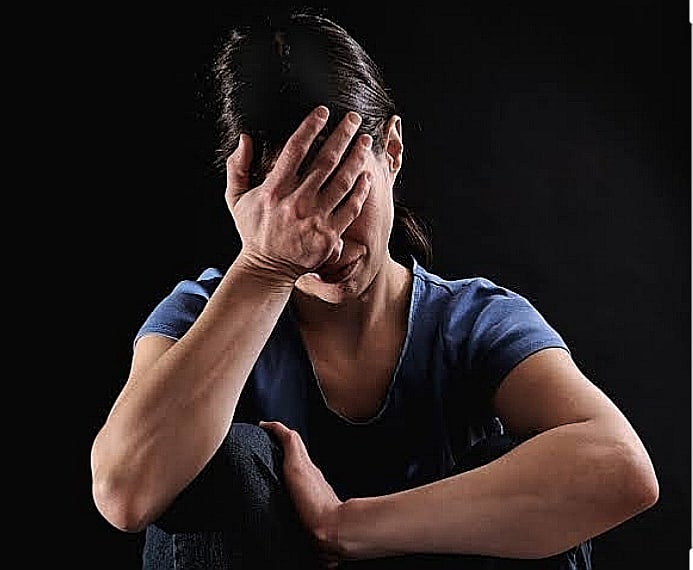
WHAT THEN IS POSTPARTUM DEPRESSION?
This describes a range of physical, chemical, social and emotional changes that new mothers experience which usually occur within the first four weeks after childbirth.
So, it is not postpartum depression (PPD) YET that your mother in law refused to bath your baby and then you became sad. Just for laughs!
Although, the severity of PPD differs in mothers, any form of depression in new moms should not be handled with kids gloves.
WHO IS MORE LIKELY TO HAVE A POST PARTUM DEPRESSION (PPD)?
Risk factors which increase the likelihood of postpartum depression might include :
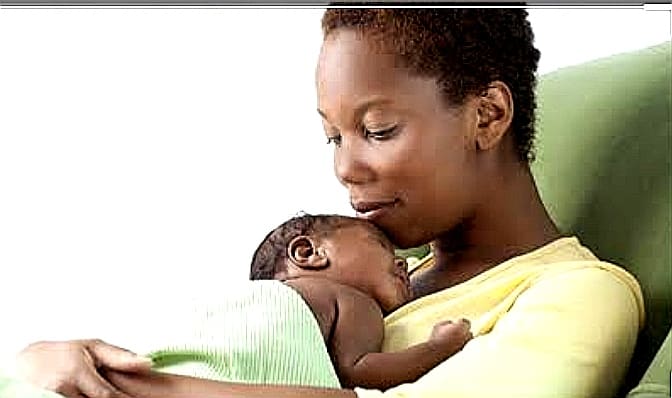
1. A history of depression before becoming pregnant or during pregnancy.
2. Marital Conflict, separation, or a divorce in the course of pregnancy.
3. Age (Younger women are more susceptible).
4. Loneliness / living alone could also trigger depression.
5. Stressful or traumatic events in the course of pregnancy such as death of a loved one, RAPE, etc.
WHEN SHOULD YOU BE WORRIED?
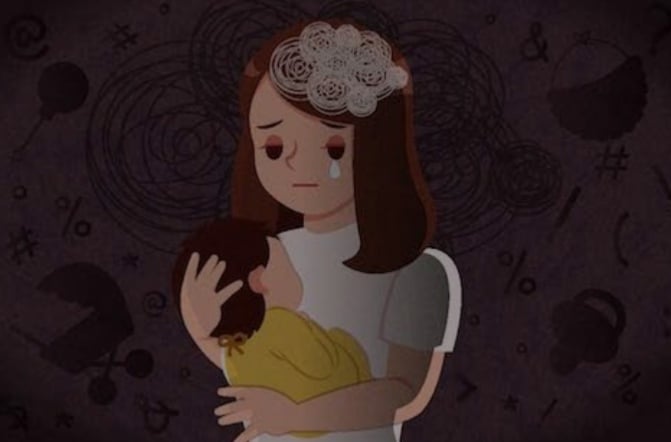
It is very normal to get tired having a new baby come into your life to disrupt your plan you know. However, there are certain feelings which should never be tolerated nor justified in new moms for nay reasons.
. When feelings of sadness, hopelessness, despair persist for days or even weeks.
. When you begin to harbour thoughts of harming yourself or your baby.
. When you gradually begin to lose interest in things you use to enjoy.
. When you have problem making decisions.
. Your sleep pattern changes so much in that you either sleep so much even ignoring your baby or you don’t sleep at all even when your baby sleeps.
IS THERE ANY WAY OUT?
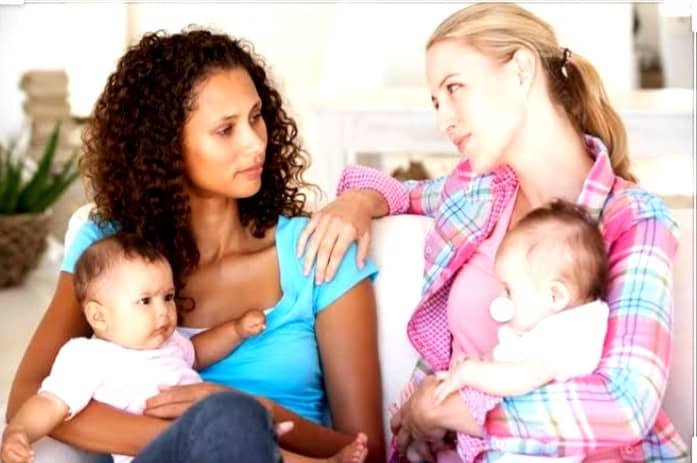
Management and treatment of PPD depends on severity, and while medications and counseling could come in handy in treatment of more severe forms. There are other helpful tips which could be of benefit.
1. Do not be afraid to ask for help in taking care of your baby.
2.Try exercising within your recommended limits.
A stroll, a walk, had proven to help in lightening moods.
3. Communicate with your partner if available . This is a good time to nurture your relationships.
4. Eat healthy meals, fruits, proteins, vegetables, are good meal options. Avoid high caffeine foods.
5. Avoid isolating yourself at all cost. Call your family and friends, do a video chat, interact with friends on social media, join moms support groups etc. By all means, avoid isolation.
6. Find time to sleep especially when your baby is sleeping too.
7. Seek psychological and medical help when necessary. Your doctor might have good treatment options which could benefit you.
Always remember that untreated Postpartum depression can be very dangerous. Keep speaking out until the world hears you!
[fts_facebook type=page id=191003814715956 access_token=EAAP9hArvboQBAOxb4jdV2T2DxYZAiOqQskJUeaiJBoRwZBOosDtZALZBGTkEBOi7thhRyZAWajEXaCnpBtxaHwcTmd3ZBiNgDwBs1OFg28Ff6sF1bCo6yIUglnnFMOvtXTXCHFxroQvv71VxxcrZCYzIGKyO47AxZClobyT2icOn3QZDZD posts=6 description=yes posts_displayed=page_only]
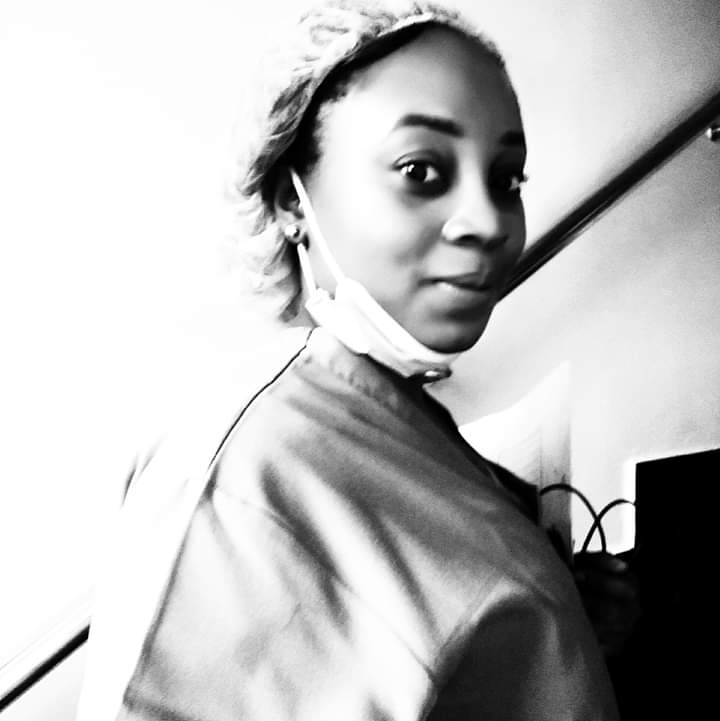
Brenda Chinwe Orie is a Nigerian Registered Nurse and Midwife.
She holds a degree in Nursing Sciences which she obtained from the Prestigious Abia State University with flying colors in 2013.
She uses her storytelling and creativity skills on her #NurseB community on Facebook where she teaches health behaviors using relatable Bedside experiences.
She had championed health courses such as #TheNurseBhealthybaby contest (An annual online contest for babies), #NurseBHomecarekit (A mini first aid kit for homes); the latest in her stables, #TheNurseBpregnancyjournal (A memoir for documentation on pregnancy).
She lives and works in Lagos, Nigeria.

